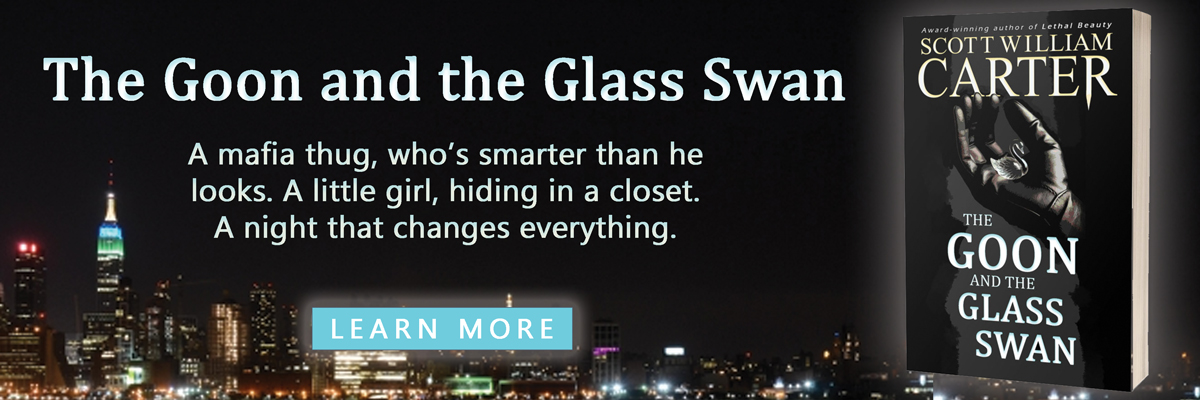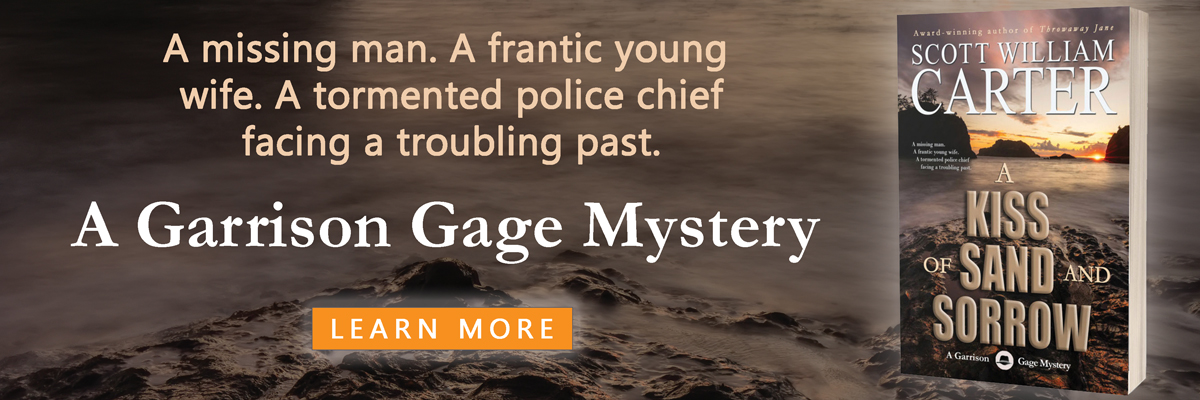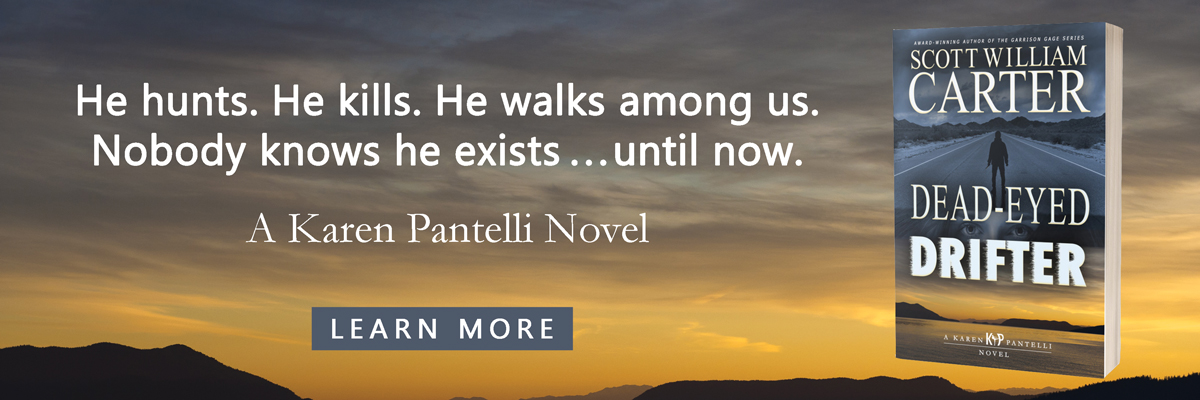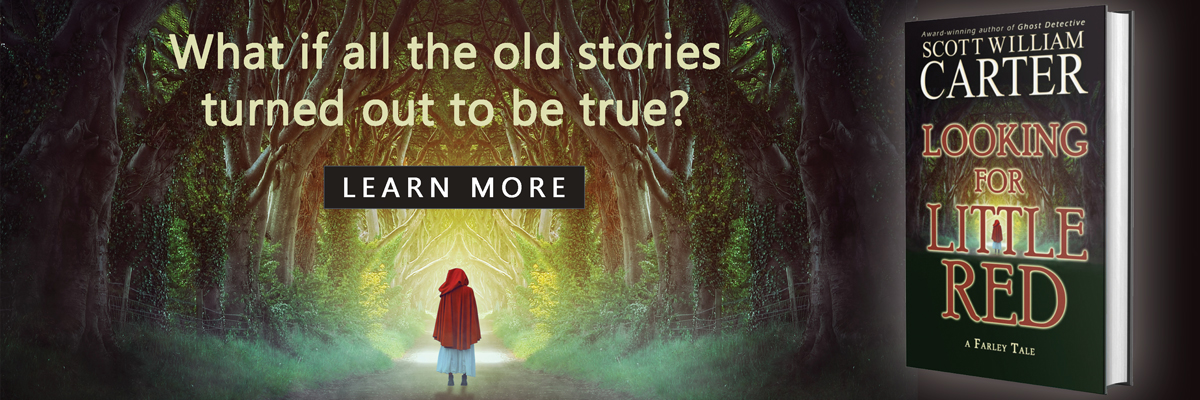If a writer gives you a story and asks for your honest opinion, he doesn’t really want your honest opinion. Actually, he does want your honest opinion, but only if it begins with the words, “This is the best story I’ve read in my life . . .” Or, slightly more risky, the opinion could be modified with “one of the best stories,” which while not preferred is at least acceptable. Otherwise, no, he doesn’t want your honest opinion. If you have to lie, that’s all right. We lie to children about Santa Claus. Telling writers what you think of their work is sort of in the same category. You should be spreading hope and good cheer. You don’t want to take Santa Claus away from a writer, do you? That’s a very crummy thing to do.
Dispatches from the Frontlines of Fatherhood: Shoe-lace Panic
My five-year-old can’t tie her shoes. This didn’t bother me until she informed me that all of her friends can tie her shoes. Then I spent most of the morning worrying that I’ve failed her as a father because she can’t tie her shoes. She’s going be thirty years old and on her way to accept a Pulitzer Prize but then her shoe laces will come undone and she won’t be able to do anything about it, so she’ll sit down on the curb and sob about her lack of good parenting, which will make her miss out on a Pulizter Prize. These things matter.
Dispatches from the Frontlines of Fatherhood: Receiving Compliments
I had to explain to Kat, my five-year-old, that “I know” is not the best response to a compliment. But that got me thinking. Wouldn’t it be nice if you could say “I know” when someone complimented you without looking like a jackass? I mean, if you feel proud of something, why do you have to show all this false humility? The things you can get away with in kindergarten . . .
Facebook, Blogs, and Other Forms of Digital Self-Promotion
If you haven’t been reading Seth Godin’s blog, you really should. He’s got some great thoughts on marketing, and in particular I like his idea that the only real marketing you need in the modern world is to find ten people who love your product. Ten people, who tell ten other people, who tell . . . well, you get the idea.
It’s also a topic that’s come up a lot among writers I know lately, mostly focusing on digital forms of self-promotion. Should I be blogging? Should I be Facebooking? Is Twittering useful or just a waste of time?
Here’s the thing, and it’s just my opinion: The key to any self-promotion is making it work for you. Some of the most successful writers don’t do any self-promotion at all. Audrey Niffenegger just got a five million dollar advance for her second book, and her website hasn’t been updated since 2004. I think a lot of people make a lot about very little, honestly. I’m not saying blogging, Facebooking, Twittering, etc. can’t be useful to a writer, but it’s only as useful as the writer makes it. Most people don’t make it that useful. Most people just waste a lot of time blogging, Facebooking, and Twittering about trivial things. Hey, I waste a lot of time, too. I’m not saying you shouldn’t waste time. If it’s an enjoyable waste of time, then it’s not a waste at all. There’s lots of benefits to trivial things.
But don’t work yourself into a lather because you’re not Twittering if it’s only to help your career. If you’re just doing it because everyone else is doing it, then it won’t matter at all. Find a way to self-promote that works for you, and if you don’t like self-promotion, then focus on writing more and writing better. Do a blog now and then if you like it, but don’t stress if you don’t. If you’re good enough, other people will promote for you. And if you don’t believe me, just think of Audrey Niffenegger‘s last advance.
In the end, quality wins out. As Seth Godin says, all you need is ten people. The nice thing is, even if you’re not blogging, Facebooking, and Twittering, it’s a good bet that some of those ten people are — and if they like your book, they’ll tell their friends.




